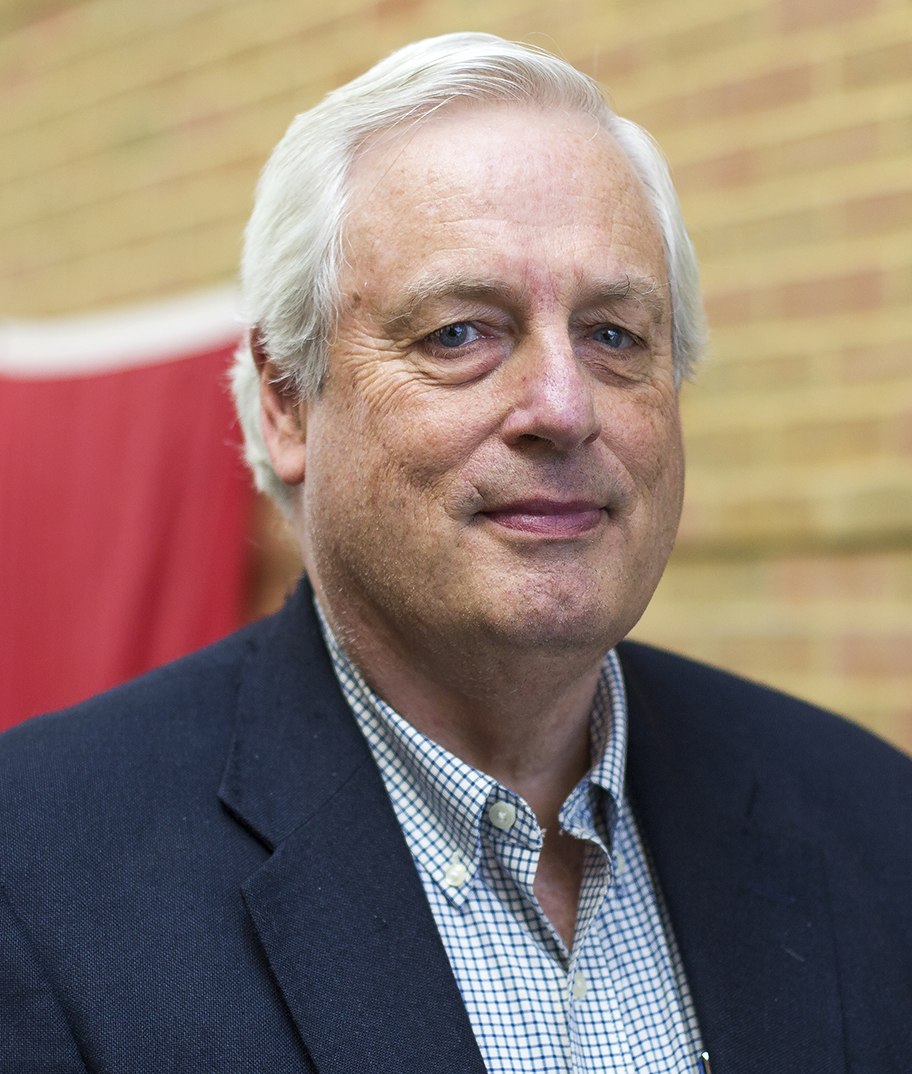Stéphane Lafortune named N. Harris McClamroch Professor of EECS
Lafortune's research in discrete event systems includes multiple problem domains, with applications to computer and software systems.
Story originally published October 17, 2018
Stéphane Lafortune has been named the N. Harris McClamroch Collegiate Professor of Electrical Engineering and Computer Science in recognition of his distinguished
record of teaching and research.
Stéphane Lafortune is an international leader in discrete event systems (DES). His research in DES includes include multiple problem domains: modeling, diagnosis, control, optimization, and applications to computer and software systems.
Recently, his research has been focused on cyber-physical and networked systems, cybersecurity, and privacy. Applications include software systems, automated manufacturing systems, communication networks, document processing systems, process control systems, and transportation systems.
Lafortune is a Fellow of the IEEE (1999) and of the International Federation of Automatic Control (2017). He received the Presidential Young Investigator Award from the National Science Foundation in 1990 and the Axelby Outstanding Paper Award from the Control Systems Society of the IEEE in 1994 (for a paper co-authored with S.-L. Chung and F. Lin) and in 2001 (for a paper co-authored with G. Barrett).
He co-authored, with Christos Cassandras, the textbook Introduction to Discrete Event Systems (2nd Edition, Springer, 2008). He has served as Editor-in-Chief of the journal Discrete Event Dynamic Systems: Theory and Applications since 2015.
Lafortune obtained his degrees from École Polytechnique de Montréal (B.Eng), McGill University (M.Eng), and the University of California at Berkeley (PhD), all in electrical engineering. He joined Michigan in 1986.
As the recipient of a collegiate professorship, Lafortune was given the opportunity to select the name of his professorship. N. Harris McClamroch was Lafortune’s colleague in the College of Engineering Controls Group at Michigan until his retirement in 2010.
Lafortune had frequent technical discussions with McClarmroch, and shared that he was always struck by McClamroch’s deep intuition on control problems and pertinent observations about relevance of research. He also used McClamroch’s texbook in his course on dynamic systems.
“McClamroch’s international recognition and numerous awards have brought great distinction to our university,” said Lafortune.

 Enlarge
Enlarge
N. Harris McClamroch earned international recognition as a leader in dynamics and control. His research and teaching interests reflected a diverse array of topics related to dynamics and control, including aircraft flight dynamics and control, spacecraft attitude dynamics and control, robotics, manufacturing, wheeled vehicles, and civil structures.
A former Chair of Aerospace Engineering (1992-95), Professor McClamroch joined the University of Michigan as an Assistant Professor of Aerospace Engineering after graduating with his PhD from the University of Texas at Austin in 1967. From 1968-83 he held an appointment in the graduate program in Computer, Information and Control Engineering, and was appointed professor in the Department of Electrical Engineering and Computer Science in 1985. He retired on May 31, 2010.
He authored the undergraduate textbooks State Models of Dynamic Systems (1980) and Steady Aircraft Flight and Performance (2011), and co-authored Global Formulations of Lagrangian and Hamiltonian Dynamics on Manifolds (2017). He also authored more than 250 referred journal and conference publications, and graduated twenty-seven PhD students.
Professor McClamroch served as President of IEEE Control Systems Society in 1998, and received the Society’s Distinguished Member Award in 1992. He was an IEEE Fellow and recipient of the IEEE Third Millennium Medal.










 MENU
MENU 
